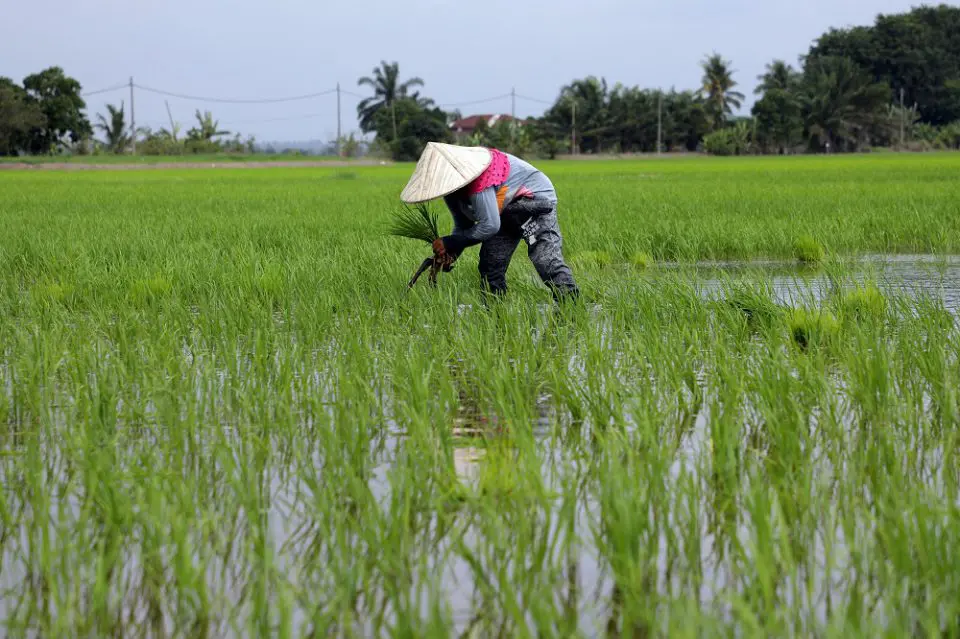SHAH ALAM, Feb 28 — The Selangor State Legislative Assembly was told that the main reason for the income reduction in the northwest area is the failure of padi farmers to comply with the standard operating procedure (SOP) for rice checks.
State executive councillor for infrastructure and agriculture Izham Hashim said this conclusion was reached after their study found no issues with infertile land in the area
In addition, he said planting different varieties of rice seeds within the same crop block led to variations in the maturity period and rice harvesting time.
“Initially, I believed the land was infertile. However, after profiling all areas in northwest Selangor, we found no issues relating to acidity except in the Sabak Bernam area, which suffers from a chronic water supply problem.
“The main issue I discovered is the farmers’ failure to adhere to the rice cultivation SOP. We have thoroughly studied this,” he said in reply to a question from Sabak MP Sallehen Mukhyi on the farmers’ challenges in communicating with agricultural officers to express concerns about low rice yield.
Izham also informed that the current harvesting machinery has caused about a 20 per cent loss in rice yield and plans are underway to acquire new machinery to reduce losses by up to 10 per cent while safeguarding padi field boundaries.
Meanwhile, Izham said that Selangor’s rice yield increased by 16,853 tonnes, with 88,551 tonnes produced last year compared to 71,688 tonnes in 2022.
“Last year, 48,703 tonnes of rice were sold in the domestic market as local rice, representing 55 per cent of Selangor’s production and the remaining 38,488 tonnes were used as seedlings to support the country’s rice seed requirements,” he said.
In reply to a supplementary question from Meru MP Mariam Abdul Rashid efforts to develop new padi fields, Izham said the state government’s priority is to enhance productivity in current areas rather than opening up new fields.
“Our rice cultivation spans over 19,000 hectares in the northwest area, but some land have been misused for other purposes, leaving us with only 17,740 hectares available.
“We’ve conducted studies and allocated RM1 billion to enhance irrigation systems and construct retention ponds for the fields. This plan will be submitted to the Ministry of Agriculture and Food Security,” he added.
— Bernama





